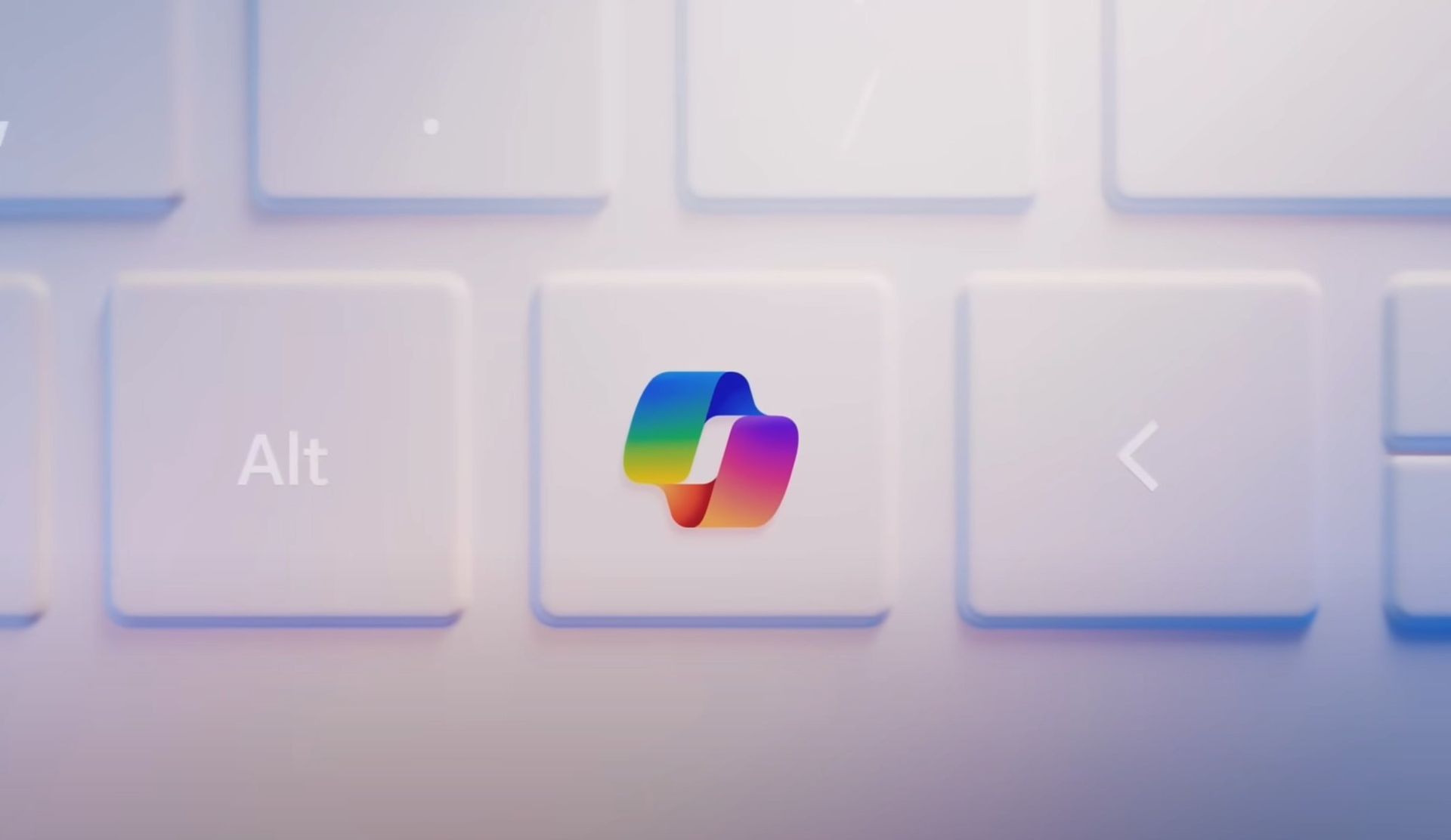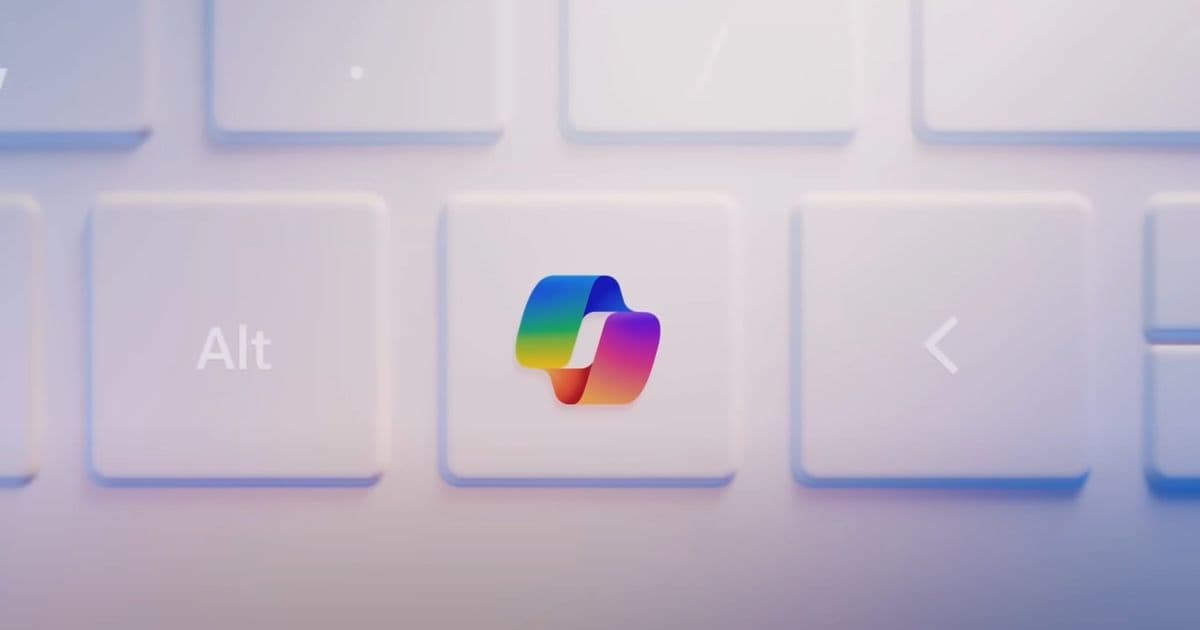Despite security updates, Microsoft's Recall feature continues to screenshot sensitive user data like passwords and bank details in recent tests, highlighting unreliable AI filtering. Vulnerabilities in remote access mechanisms compound privacy risks for Windows users, reinforcing calls to disable the feature.

In a troubling development for Windows security, Microsoft's Recall feature—an AI-powered tool designed to capture and index screen activity—has once again been caught failing to protect user privacy. A new investigation by The Register's Avram Piltch reveals that Recall continues to screenshot sensitive information such as passwords, credit card numbers, and bank account details, despite Microsoft's recent efforts to patch these flaws ahead of its public beta release.
The Filter Fallacy: Why Keyword Detection Isn't Enough
Recall was touted as a productivity booster for Copilot+ PCs, using AI to take periodic screenshots and allow users to 'rewind' their digital activities. To address early backlash over privacy, Microsoft added a filter to block sensitive data capture. However, Piltch's tests exposed critical gaps: the AI relies heavily on visual cues like the word 'password' or 'pay' to identify sensitive content. When these keywords were absent—such as in a plain text document listing unlabeled credentials—Recall misfired and stored the data anyway.
"There are so many ways that people store and refer to personal data that it's impossible to imagine Recall or any software catching them all," Piltch noted, underscoring the inherent limitations of this approach.
The implications are stark. Beyond passwords, Recall captured bank account pages showing balances and transactions—data that could aid hackers even without login details. This isn't just a theoretical risk; it reflects a pattern of security oversights that have plagued Recall since its announcement, eroding trust in Microsoft's AI-driven vision.
Remote Access Risks Amplify the Threat
Compounding the issue, Piltch demonstrated how Recall's screenshots could be accessed remotely. Although Recall requires Windows Hello Enhanced Sign-On (promising biometric verification), the test showed that a simple PIN could bypass this and unlock the entire screenshot database. This loophole means that if a device is compromised, attackers could harvest a treasure trove of personal information with minimal effort.
Why This Matters for Developers and Tech Leaders
For the tech community, Recall's struggles are a case study in the pitfalls of rushing AI features without robust security frameworks. Microsoft's aggressive push—including advertising Recall during Windows 11 setup—prioritizes innovation over user safety, setting a dangerous precedent. As one cybersecurity expert observed, 'AI tools like this demand zero-trust architecture, not just keyword band-aids.'
While Recall remains a 'preview feature,' its repeated failures suggest deeper issues in Microsoft's development lifecycle. For now, the safest advice remains unchanged: disable Recall entirely. As AI continues to reshape computing, this saga serves as a stark reminder that without ironclad privacy safeguards, even the most ambitious tools can become liabilities.
Source: Based on reporting by Stevie Bonifield for PC Gamer and security testing by Avram Piltch at The Register.

Comments
Please log in or register to join the discussion